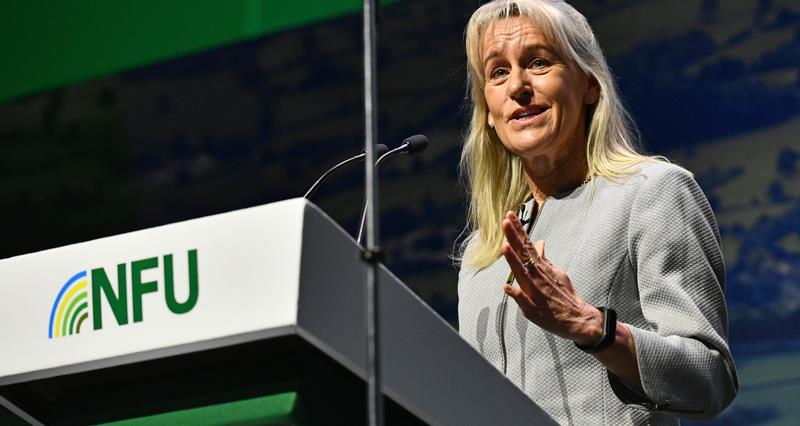The British establishment has a number of strengths, not all of them positive. Long standing cultural patterns such as racism or mysogyny are not always associated with the toxic knee jerk emotions they unleash. Sometimes stretching back for generations, past prejudices cast veiled shadows over current mindsets.
A common marker of such underlying tendencies is the urge to promote a hostile environment for groups that the establishment does not feel comfortable around. Avoiding confrontation, but nevertheless antagonistic towards them, officialdom reserves a superficial welcome for people of colour, migrants or women, among others.
At an institutional level, something similar could be seen in the gung-ho pursuit of aggressive tactics throughout the Brexit negotiations, during which concessions were demanded with little thought of any form of quid pro quo.
Left to its own devices, the civil service is capable of creating procedures and regulations that contribute to an underlying malaise. This administrative hostile environment casts a shadow on those who are bound by or who enforce such oppressive rules. The Border Transit Operating Model offers a number of examples of the genre, such as the Common User Charge (CUC).
DEFRA consulted with business leaders last summer, promising to share its findings in the autumn. For months there was talk of a “world class” system, but no operational detail that anyone could use for the day to day running of their business.
On January 19, Walthamstow MP Stella Creasy challenged the government’s wall of silence surrounding the Common User Charge. Here is how Hansard recorded the occasion.
[She told the House that]: “The charge is intended to apply to each consignment, whether it is one leg of lamb or a van full of reindeer and frogs’ legs. As 65% of lorries coming into this country carry multiple consignments, known as groupage, it is clear how expensive this way of applying the charge will be.
“The Government have therefore chosen to fund the new border by imposing fees directly on businesses that import. The pledge that Brexit would be a bonfire of regulation turned into a smouldering pile of paperwork that will kill imports for small businesses. Can I just put it on the record on behalf of British business — this is mad.”
Parliamentary Undersecretary of State of Environment Food and Rural Affairs, Rebecca Pow, replied:
“We have provided further facilitation and guidance for importers using groupage models – the honourable Lady referred to groupage models, where a lorry delivers a whole lot of different models in one lorry – in terms of moving sanitary and phytosanitary goods into the UK, in order to make the system of certification more streamlined.”
The word “consignment” is completely absent from the minister’s frankly incoherent reply, which is a thinly-disguised attempt to buy time.
Creasy then asked the government on February 8 whether a decision had been taken as to the rate at which the Common User Charge would be fixed and when such a decision might be published. Secretary of State for Environment, Food and Rural Affairs, Mark Spencer, replied on February 27 that an announcement would be made “imminently.” He added that: “This will help commercial ports in setting charges for their own facilities and provide traders with time to make the necessary finance, accounting and operational arrangements.” More stalling, more flannel, more empty words.
The simple fact is that by the time the final workings of the CUC were revealed to the public, there was less than a month to do anything about it. For those who are still catching up with reality, the British government is rolling out a punitive tax on imported goods, starting on April 30.
For those who are up to speed with this news, there is a very real prospect that European traders will resent the British government’s crude attempt to monetise inland inspection facilities. The result will probably be a sudden and brutal drop in food shipments to the UK.


